After years of division and stalling, there is a wide recognition nationally and globally of the dangers of delaying action to mitigate the effects of climate change. Indeed, all major world leaders have shown support for a bold agreement in Paris next week.
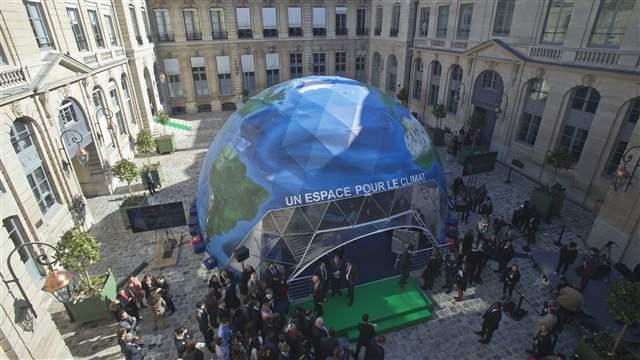
A general view shows the climate dome which presents an exhibition on climate, installed in the courtyard of the environment ministry in Paris, France (REUTERS/Michel Euler)
In a new brief, Amar Bhattacharya, a senior fellow here at Brookings, and Lord Nicholas Stern, a professor at the London School of Economics, discuss what has brought global climate change negotiations to the cusp of an agreement and how the 21st Conference of Parties in Paris (COP21) will set the stage for the next 15 years.
Read the related paper (PDF) »
The authors urge leaders at the summit to not think of the climate talks in Paris as a “one-off opportunity to fix targets.” Instead, they argue that it is a “first step of many, based on regular reviews of how close we are to meeting the goal of avoiding dangerous global warming.”
In particular, they outline the four main areas where the quantity and quality of infrastructure can meet the needs for development and climate:
- First, Paris can set the course for bolder actions on eliminating fossil fuel subsidies and a faster adoption of carbon pricing—which, taken together, distort investment choices and “have a deleterious impact on health and well-being.”
- Second, there is a need to “strengthen and modify public investment frameworks,” since investment decisions and the regulatory environment are shaped by the public sector.
- Third, it will be necessary to revamp the financing framework for developing infrastructure—particularly for emerging and developing economies.
- Fourth, there is a need for “a stronger platform for cooperation and actions” on building better infrastructure and technology.
The Paris summit is a chance to build an understanding not only of the threats and risks from unmanaged climate change, but also the opportunities that lie in the low-carbon transition—including the path it paves to fight global poverty.
If these actions are followed, the authors believe it can “unlock a virtuous cycle” to transition to a low-carbon economy that will be better positioned to manage climate change.
Read
COP21 at Paris: What to expect – The issues, the actors, and the road ahead on climate change
, and what has brought global climate change negotiations to this moment, and how COP21 will set the stage for the next 15 years
Christina Golubski contributed to this post.
The Brookings Institution is committed to quality, independence, and impact.
We are supported by a diverse array of funders. In line with our values and policies, each Brookings publication represents the sole views of its author(s).
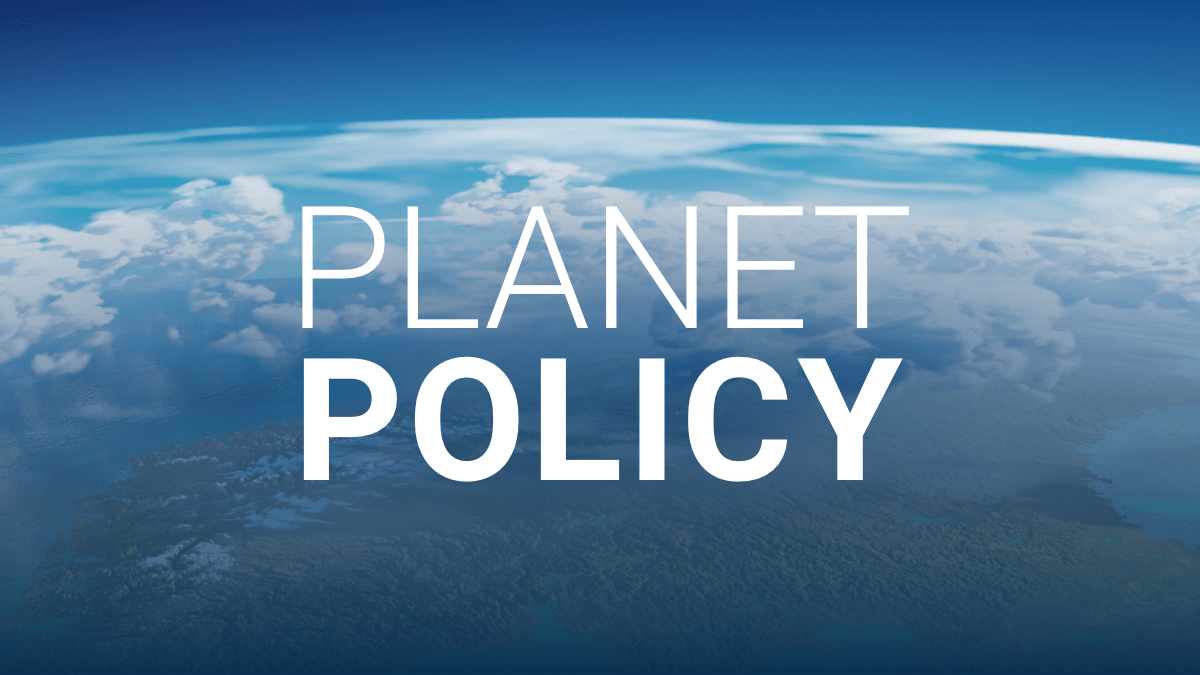
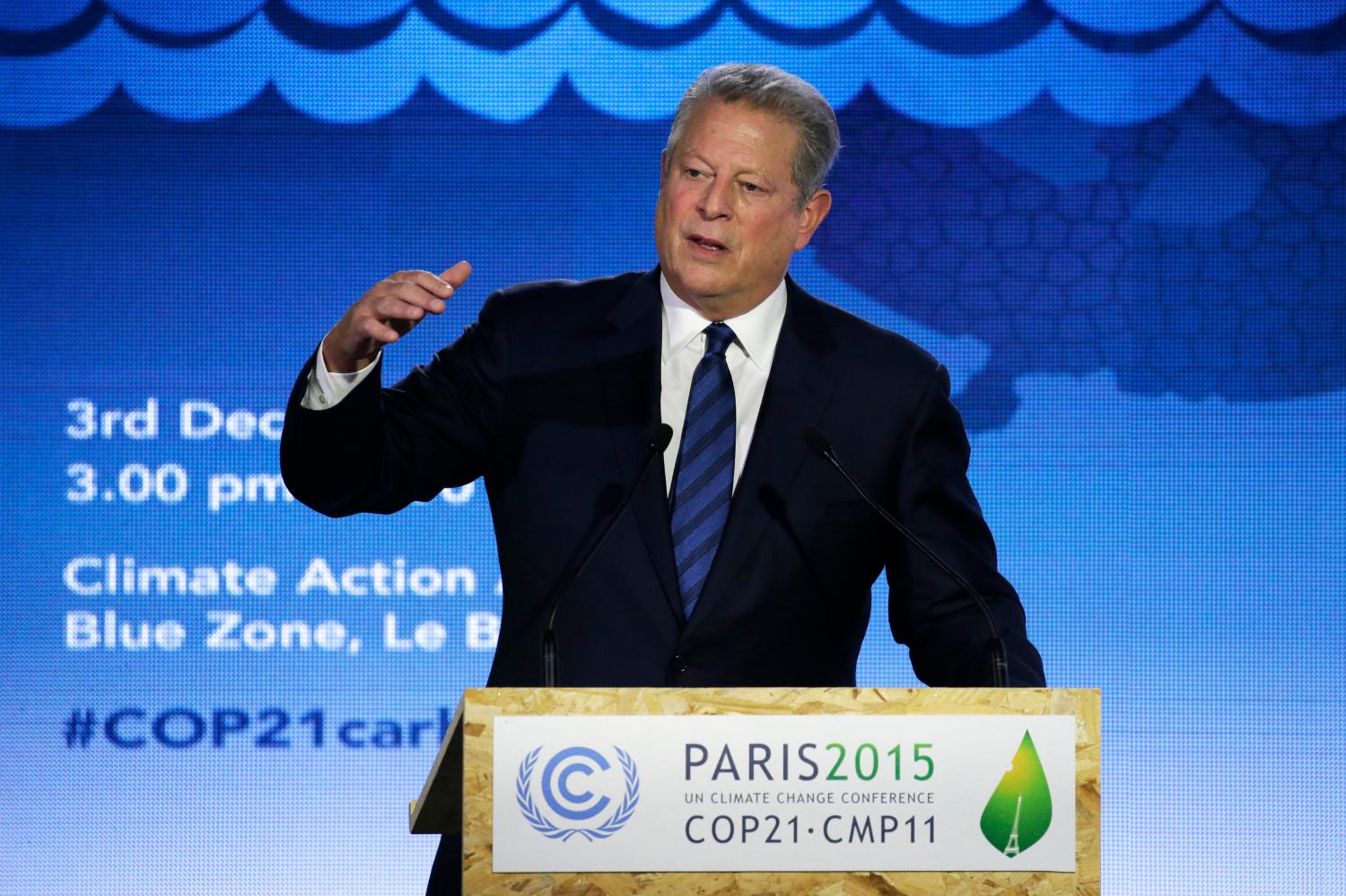
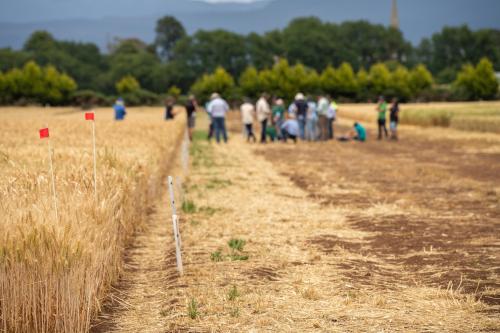
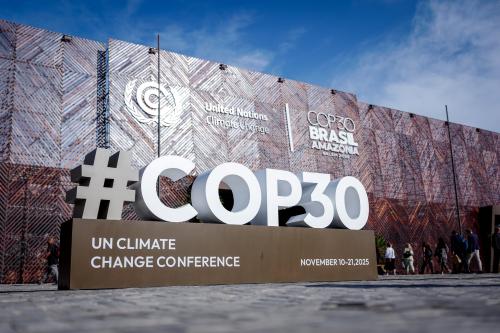
Commentary
The Paris climate talks and the next 15 years
November 25, 2015